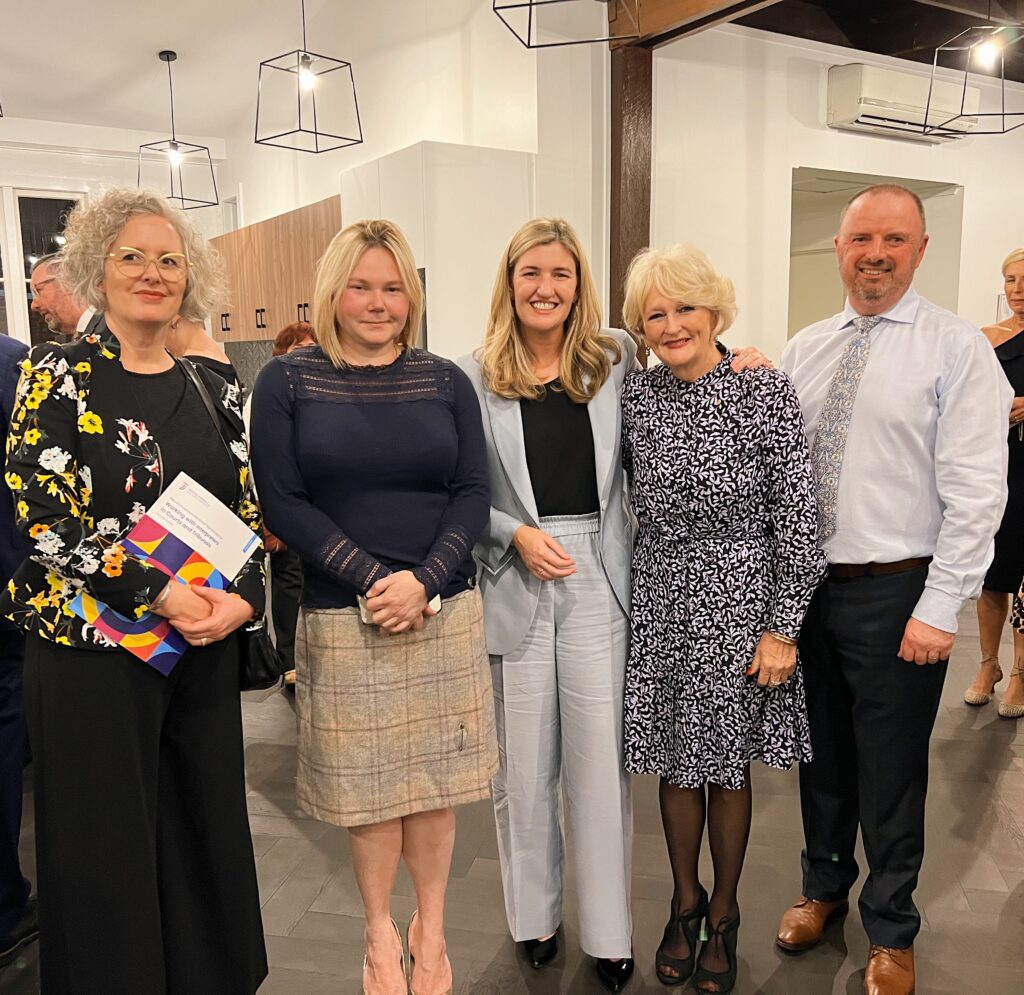The Judicial Council of Cultural Diversity (JCCD) has launched the second edition of its invaluable Recommended National Standards for Working with Interpreters in Courts and Tribunals. You can download them here or read them online here.
In a multicultural country such as Australia, robust and consistent standards that provide for the proper and effective use of an interpreter are essential to the fair and equal administration of justice. These recommended standards were developed by a committee of experts, including NAATI’s CEO, Mark Painting. The group met on Tuesday 26 April to launch the standards in Brisbane, Queensland and hear from an eminent panel of speakers.

The standards are directed at courts and tribunals, judicial officers, interpreters and members of the legal profession. They aim to provide courts on guidance on engaging and working with interpreters to ensure procedural fairness for people with limited English proficiency, and are intended to be flexible – applicable across a range of settings.
They include annexes which describe:
- the top languages spoken at home by state and territory
- an overview of the translating and interpreting profession
- plain English strategies for communicating clearly
- a four-part test for determining the need for an interpreter
- what judicial officers can do to assist interpreters
- interpreting via audio-visual link.

